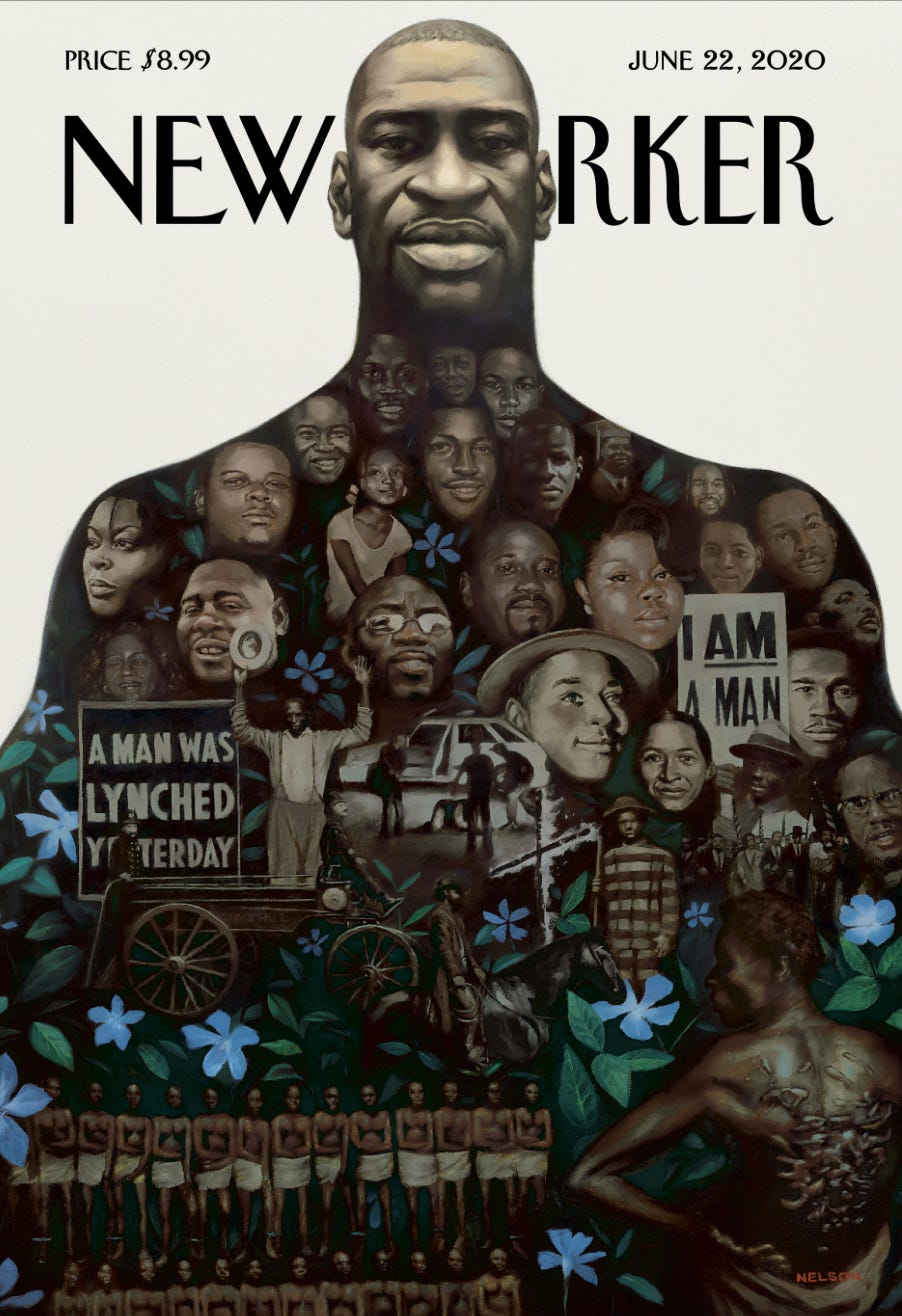Like the newsletter? Share it with a friend.
The World
The Supreme Court ruled 6-3 that a landmark civil rights law protects gay and transgender workers from workplace discrimination, issuing a major civil rights decision. The Court declined to take up new cases for next term that gun rights groups claimed denied Second Amendment rights, as well as cases involving a legal defense called qualified immunity that can be used to shield government officials from lawsuits including police officers accused of excessive force. (New York Times, Bloomberg, Washington Post, Reuters)
Leading infectious disease experts warn that the coronavirus will make life difficult for the foreseeable future. New York and Texas are threatening renewed lockdowns, while Beijing locked down 10 more residential communities as it races to contain a fresh coronavirus spread, after reporting another 36 new cases in a single day amid a food market outbreak. Meanwhile, stocks could be caught in a tug-of-war, as investors weigh the potential positives of a reopening economy against worry of continued spread. (New York Times, South China Morning Post, CNBC)
National Economic Council Director Larry Kudlow said the $600 checks being sent to Americans on unemployment as part of coronavirus relief efforts are expected to end in July and called them a “disincentive” for people to get back to work. (The Hill)
Far more people globally think China has responded well to the pandemic than those who think the U.S. has done a good job. More than 60% of people surveyed thought China had responded well, while only a third thought the U.S. response had been effective. (Reuters)
Germany and France reopened their borders as Europe emerges from lockdown. While the WHO warned against further lifting of lockdown in England, huge lines were reported as UK shops welcomed back customers. (The Guardian, The Guardian, The Telegraph)
South Korean security authorities held an emergency meeting after the sister of North Korea’s supreme leader threatened unspecified military action and a halt to co-operative relations between Pyongyang and Seoul. South Korea’s ministries of defence and unification said that the situation was “grave.” (The Times)
NBA players’ dissent burst into the open as some players said they would be willing to sit out the season, concerned about spending months in a restricted environment and distracting from the Black Lives Matter movement. Meanwhile, MLB’s effort to peacefully negotiate with its players has ground to a halt. (Wall Street Journal, Wall Street Journal)
Economy
The $100 billion conventions industry is starting to reopen. However, business travel won’t be taking off soon, as executives rethink multiday trips and plan for less travel. Meanwhile, the ripple effects of the downturn show that the pandemic’s early economic toll was just the beginning. (CNBC, Wall Street Journal, Washington Post)
Three quarters of limited partners in private equity funds say they want more opportunities to interact directly with one another, though 82% of LPs are satisfied by the level of transparency provided to them by GPs. (Axios)
New York region manufacturers are the most optimistic since coming out of the financial crisis. Activity gauges rose across the board, with the biggest move coming in the future business conditions index, which hit its best level since October 2009. (CNBC)
Unprecedented government interventions have driven global debt levels close to the peaks seen in WWII, according to Goldman Sachs, raising questions about how the burden of servicing the debt mountain will be shared; how the related surge in bond issuance will affect markets; and what the long-term impact on growth will be. (Financial Times)
Technology
Google is working on a major overhaul of its payment app, Google Pay, in hopes of jump-starting its use in the U.S. Google Pay plans this year to let online and brick-and-mortar merchants set up their own branded buttons inside the U.S. version of the app, potentially turning it into a one-stop portal for commerce. (The Information)
Facebook released 100,000 deepfakes to teach AI how to spot them. (MIT Technology Review)
Why Walmart’s $3 billion bet on Jet wasn’t an epic failure: The soon-to-be-retired Jet.com wanted to be the Amazon killer. Instead, it gave Walmart a fighting chance at e-commerce. (The Marker)
The story behind the two-year fight to stop Amazon from selling face recognition to the police, a major milestone for researchers and civil rights activists in an ongoing battle over face recognition in law enforcement. (MIT Technology Review)
Smart Links
The New Yorker has an interactive cover. (New Yorker)

Francis Fukuyama: The impact of the pandemic on global order. (Foreign Affairs)
Which is the most expensive country in the world? (Quartz)
Alaska’s summer is getting too hot for the salmon run. (Wired)
Understanding the spread: R-value v. K-value. (NPR, Wired UK)
How a Premier League matchday will actually play out. (The Telegraph)
Good News
What can we do, while under quarantine, to find purpose and happiness? What should our leaders do to calm our anxieties and point a way forward? Arthur C. Brooks, former president of the American Enterprise Institute (AEI) and Harvard Kennedy School professor, discusses. (Harvard Kennedy School)
Did you like the newsletter? Why not subscribe now? During this trial period, you get 50% off the regular cost. Continued thanks to everyone who already has done so!


